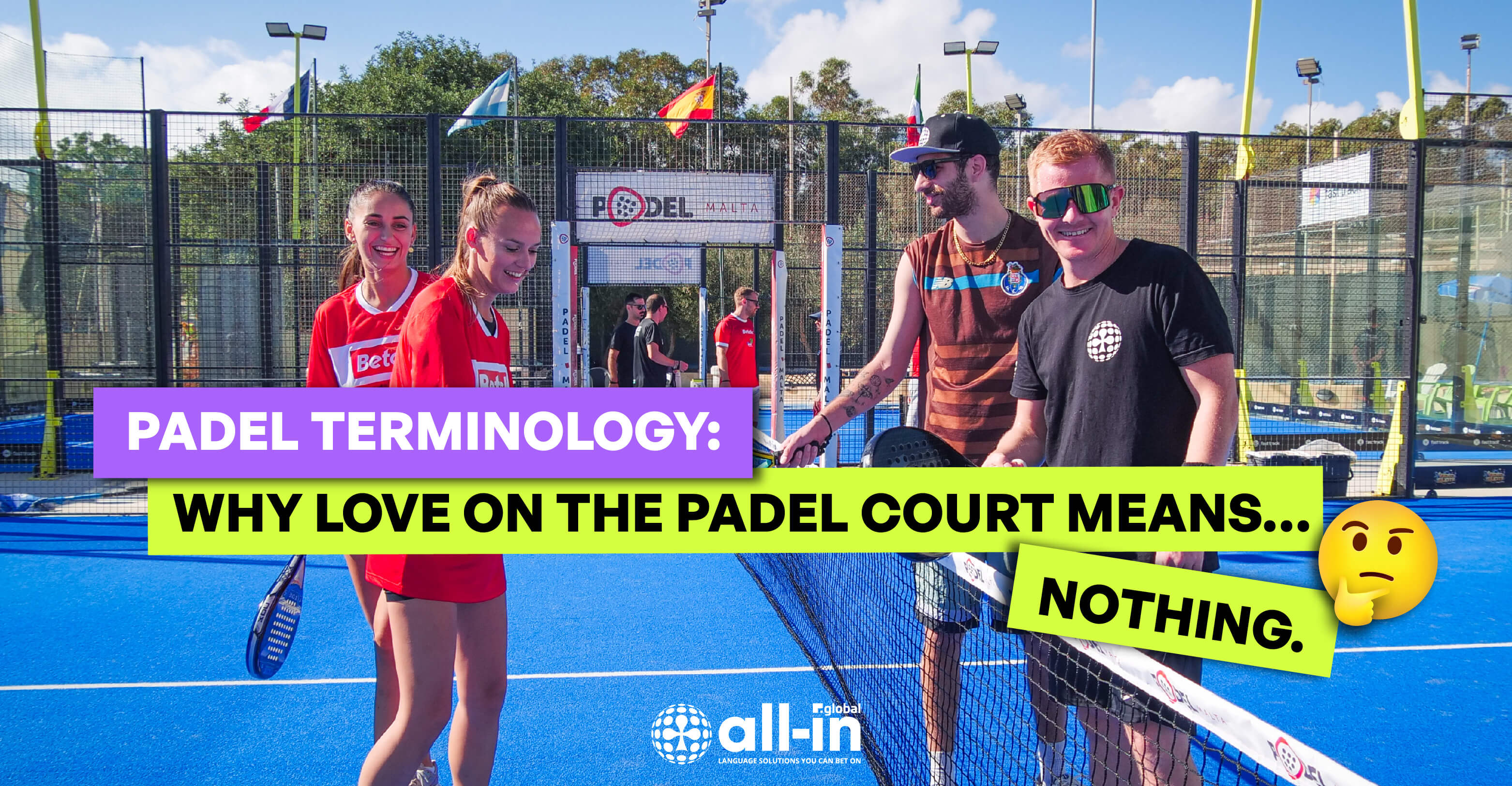
PADEL TERMINOLOGY: WHY LOVE ON THE PADEL COURT MEANS… NOTHING
Padel’s terminology mostly derives from Spanish. So who better than padel enthusiasts and language experts All-in Global to explain it all?
All-in Global has an ongoing love affair with the game of padel. From the fact that several of its members of staff are padel addicts to having hosted an incredibly popular tournament at the recent SiGMA event, it’s quickly becoming part of our DNA.
Like any other sport, from golf to basketball, padel has its own terminology. So whether you’re a padel player or fan of it yourself and want to use its terms correctly, or just love knowing the etymology of words, we’re about to explain where a few of the most widely-used terms come from. Keep reading!
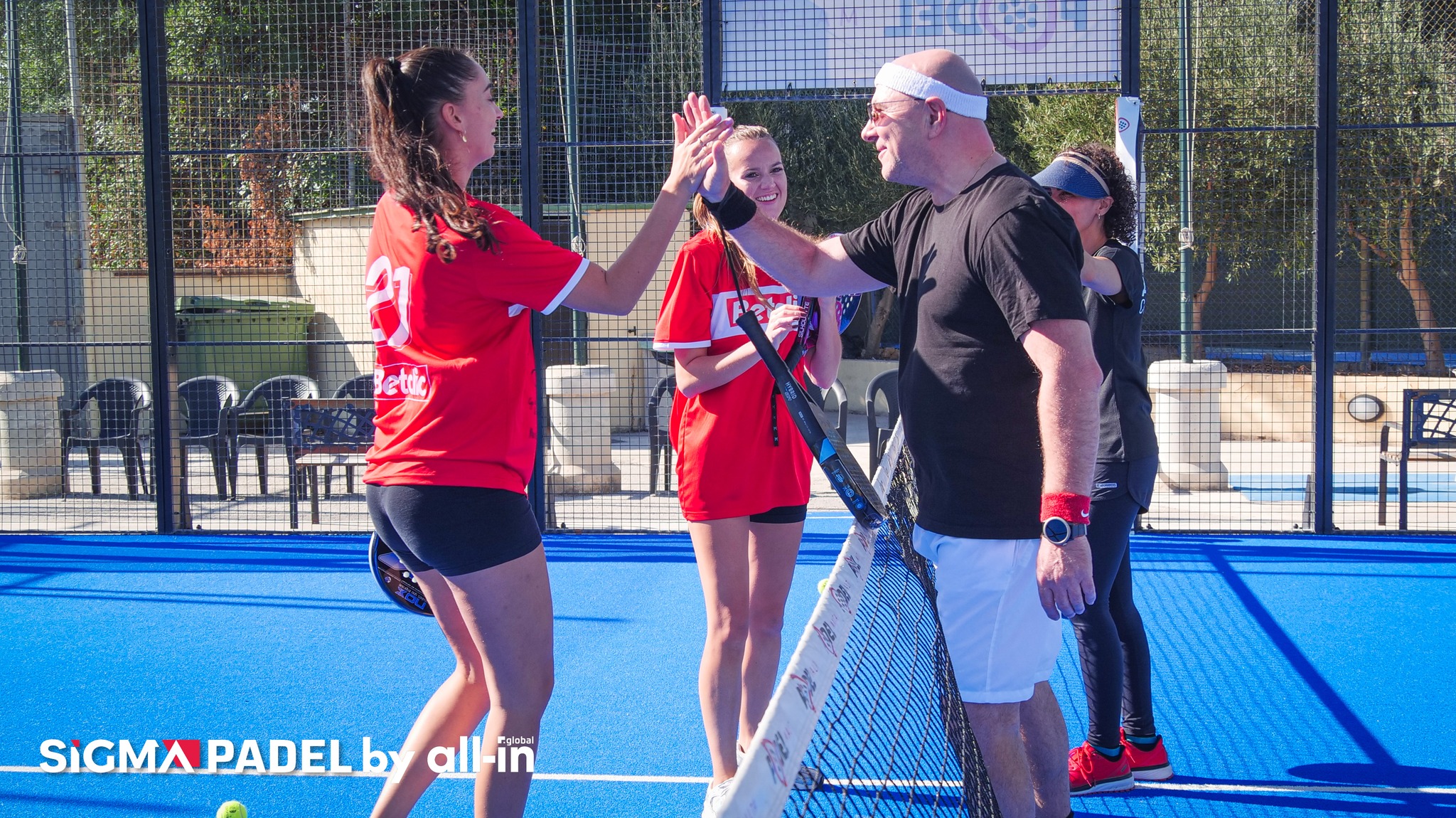
Unsurprisingly given the game’s invention in Mexico and huge popularity in Spanish-speaking countries like Argentina and Spain itself, a lot of the terms are in Spanish. To help us understand some of the most common ones, here’s All-in Global’s Head of Innovation, Jose Uribe, a Spanish speaker from Colombia who also happens to be a padel enthusiast. Jose won the Beginner’s Constellation Playoff when taking part in All-in Global’s tournament at this year’s SiGMA, a padel event that was considered a huge success by players and spectators alike.

Any time spent working as a waiter may come in handy when playing padel. If you’ve ever carried a tray of food over your head to a patron’s table, you will have had previous experience of playing the bandeja shot. It’s a defensive overhead stroke that aims to play the ball to the back of the opponent’s court and is very similar in terms of execution to that tray-carrying movement. In fact, it takes its name from the Spanish word for tray: bandeja.
If while working as a waiter (just stay with us here!) you saw some food being left out in the kitchen that was in danger of going off, you might have considered ‘putting it in the fridge’ or to use the Spanish expression: ‘una nevera’. On the padel court, it means something very different to avoiding food poisoning. When a team has an obvious weak link, it involves always trying to play the ball to the weaker player. Whether such tactics are not in the spirit of the game or whether all is fair in love and padel, is for you to decide.
At All-in Global there’s no such thing as just ‘Spanish’. There’s Spanish from Spain, Mexico, Argentina, Chile and a host of other countries. If we’re translating content or writing it ourselves when partnering with the top bookies or online casino sites, we appreciate that content needs to be localised for that specific market. Whether ‘una nevera’ for example, is used in all Spanish-speaking countries or just some of them, is for us to know and use accordingly. Whatever your translation or content needs are as a new client, get in touch at our [email protected] e-mail address, and we’ll take it from there.
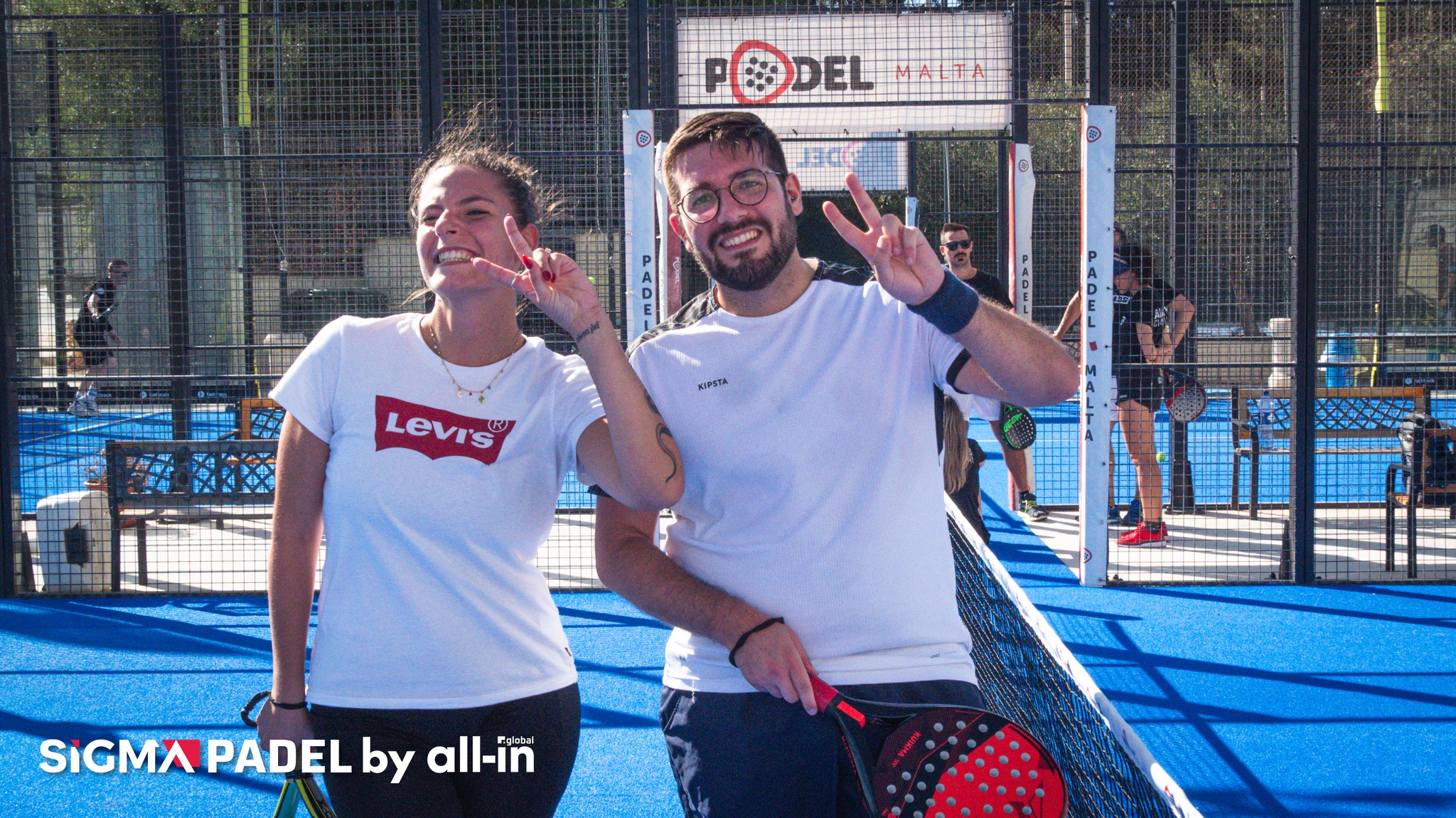
Alternatively, if your previous work experience was in Public Relations, you may have needed to ‘put some spin’ on a story involving the company you work for. Or ‘efecto’ if you prefer. Padel shots played with lots of efecto make it harder for your opponent to judge the direction and speed of the ball after bouncing thanks to the spin imparted on it, and should be played as often as possible.
If going for a leisurely stroll in a field or forest, one of the last things you’d want to encounter is a viper, or vibora, to use the Spanish term: it’s a venomous snake that can easily kill humans.
You’d also rather not come across a vibora when playing padel. It’s an aggressive overhead shot that’s aimed beyond the service line, towards the back of the court, and ideally, the ball bounces just before it hits the back wall.
Though not often played at great pace, the difficulty in returning it comes from the fact that side spin is imparted on it, so that when it hits the back wall it comes off it at a side angle, thus making its trajectory after that difficult to predict, and even harder to return. Why vibora? Because the sidespin in its trajectory resembles the way a viper moves as it unravels from its coiled resting position.
Champion players Daniel “Sanyo” Gutiérrez and Alejandro Galán are known as two of the best exponents of it.
Did you hear the one about the padel player for whom love meant nothing? It wasn’t that they didn’t love you, it was that in the world of padel, love means nothing. For example: the score is 30-love. That’s one of the English terms used in padel and as we said already, padel follows the same scoring system as in tennis rather than squash. What continues to remain a mystery is why the scoring goes 0, 15, 30 and…40, rather than 45. I guess we’ll never know.
Speaking of love and… relationships are complicated. And a relationship is certainly in a complicated place if one of the two people in it are on the receiving end of a chancletazo. Picture this: they take off one of their big flip-flops and aim a big swipe at the other person’s face. The word literally translates as ‘hit with a big flip flop’ and is a reference to the sound that such a flip flop-assisted slap would make on landing. Now replace the flip-flop with a padel racket, the face with a ball, and it’s all done with an aggressive, flat, finishing shot on your forehand side while standing at the net waiting for the ball. Can you picture it? Yes? That’s a chancletazo.
If you didn’t manage to get to the All-in Global tournament at SiGMA and watch it all, the next best thing is to check out our photo gallery of what you missed below. Who knows? You may even spot someone playing a chancletazo!
Back to the terminology and maybe what sparked the lovers’ quarrel was having one too many late-night salida, or exit. But in padel it doesn’t involve nightclubs or coming back home after the sun has risen. A salida is when the ball is hit into the ground extremely hard and ends up outside the court, only for you to return it back into the court. A player is allowed to exit the court through the side, stand outside the court and put it back into play from there, something the pros seem to be able to do with surprising ease. As former champion golfer Gary Player used to say ‘The more I practice, the luckier I get’.
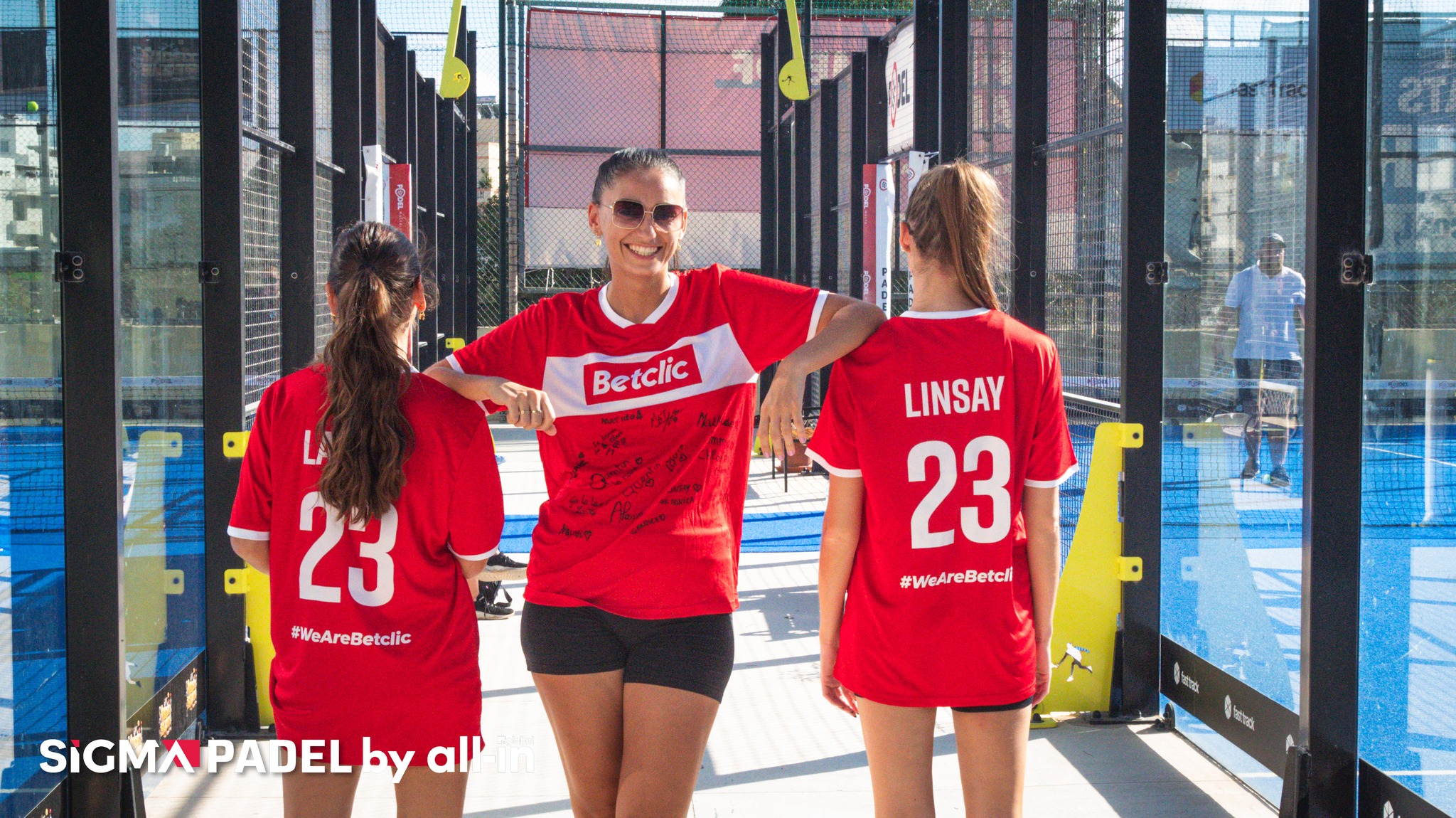
Golf is just one of many sports we offer content writing services about here at All-in Global. If you’re a betting company looking to push your golf markets with some great golf-related content or want to share some betting tips, tournament previews or explanations of how golf markets work on your affiliate betting site, then let us know. We provide content in over 85 different languages and have a team of writers based all over the world who can meet your unique needs, whatever they may be, on any sport under the sun. Such as golf. Or padel. Anyone wanting to have a chat about what we can do for you and your business should head straight to our website.
Staying with the love theme for one last time and at one stage or another, we’ve all been swept off our feet by someone. But if you’re on the padel court, you’re better off aiming the ball at someone’s feet, instead. If you’re at the back of the court and play a low, slow, dinked shot at the feet of your opponent who is at the net, making it hard for them to volley it, congratulations; you’ve just played a Chiquita, or ‘little one’.
Lastly, all of us have at one stage or another been on the receiving end of a backhanded compliment. For example: “you actually move extremely well on a padel court for…someone your size”.
Which brings us to the reves shot. Far less passive-aggressive than the above, it just refers to hitting the ball on your non-dominant side, taking its name from the Spanish word for reverse, or backhand.
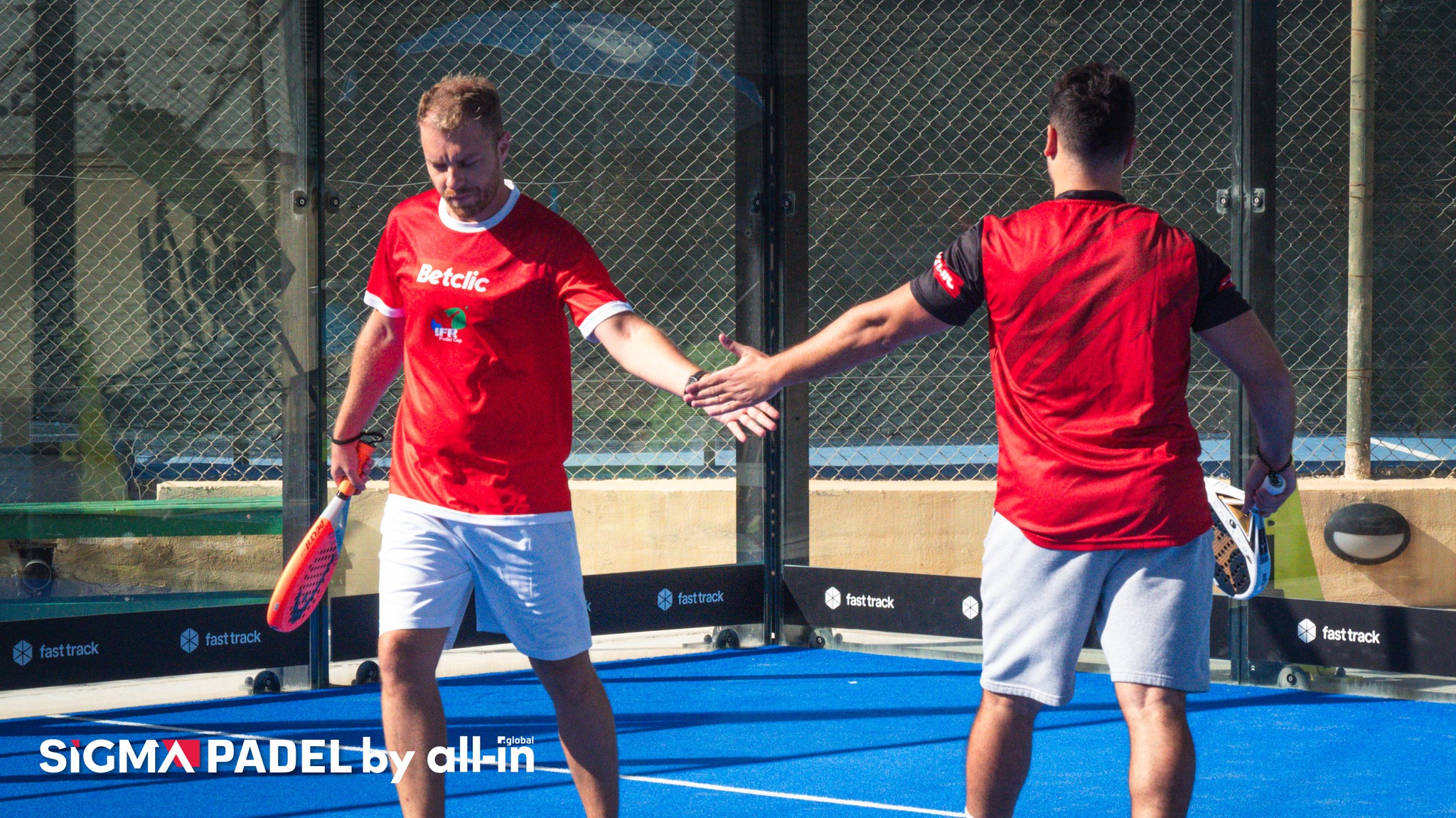
Looking for Language Solutions You Can Bet On? We translate and create content not only in various variants of Spanish but also in more than 85 languages, with over 400 native speakers specialising in iGaming worldwide. Want to learn more? Contact us at [email protected].

